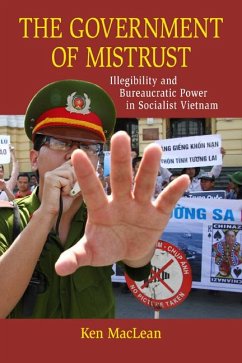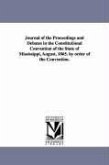Focusing on the creation and misuse of government documents in Vietnam since the 1920s, The Government of Mistrust reveals how profoundly the dynamics of bureaucracy have affected Vietnamese efforts to build a socialist society. In examining the flurries of paperwork and directives that moved back and forth between high- and low-level officials, Ken MacLean underscores a paradox: in trying to gather accurate information about the realities of life in rural areas, and thus better govern from Hanoi, the Vietnamese central government employed strategies that actually made the state increasingly illegible to itself. MacLean exposes a falsified world existing largely on paper. As high-level officials attempted to execute centralized planning via decrees, procedures, questionnaires, and audits, low-level officials and peasants used their own strategies to solve local problems. To obtain hoped-for aid from the central government, locals overstated their needs and underreported the resources they actually possessed. Higher-ups attempted to re-establish centralized control and legibility by creating yet more bureaucratic procedures. Amidst the resulting mistrust and ambiguity, many low-level officials were able to engage in strategic action and tactical maneuvering that have shaped socialism in Vietnam in surprising ways.
Hinweis: Dieser Artikel kann nur an eine deutsche Lieferadresse ausgeliefert werden.
Hinweis: Dieser Artikel kann nur an eine deutsche Lieferadresse ausgeliefert werden.








